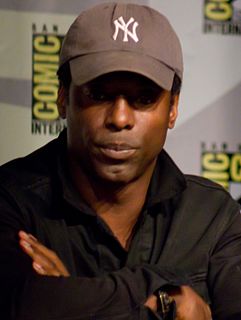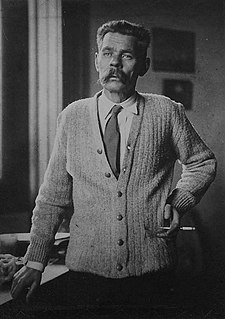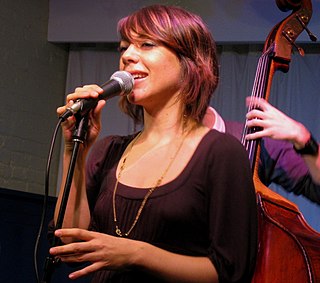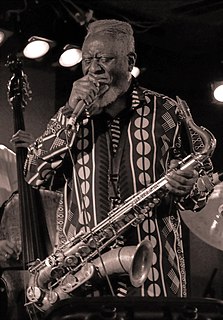A Quote by Vijay Iyer
This is a tradition of resistance to the term that's as old as the term itself, especially because that term has been used to commodify and reduce black creativity, and also to appropriate and sell it. That's what John Coltrane said in an interview with a Japanese journalist: "Jazz is a word they use to sell our music, but to me that word does not exist." And he's treated as one of the central figures in the history of jazz. So if he rejected it, then why is it weird when I do it? I'm in the tradition!
Related Quotes
In the United States, where it has become almost impossible to use "liberal" in the sense in which I have used it, the term "libertarian" has been used instead. It may be the answer; but for my part I find it singularly unattractive. For my taste it carries too much the flavor of a manufactured term and of a substitute. What I should want is a word which describes the party of life, the party that favors free growth and spontaneous evolution. But I have racked my brain unsuccessfully to find a descriptive term which commends itself.
The word "God" is used in most cases as by no means a term of science or exact knowledge, but a term of poetry and eloquence, a term thrown out, so to speak, as a not fully grasped object of the speaker's consciousness -- a literary term, in short; and mankind mean different things by it as their consciousness differs.
"Both Christianity and Islam are logocentric," he told his students, "meaning they are focused on the Word. In Christian tradition, the Word became flesh in the book of John: 'And the Word was made flesh, and He dwelt among us. 'Therefore, it was acceptable to depict the Word as having a human form. In Islamic tradition, however, the Word did not become flesh, and therefore the Word needs to remain in the form of a word … in most cases, calligraphic renderings of the names of the holy figures of Islam."
I love jazz. So to me, there are two main types of jazz. There's dancing jazz, and then there's listening jazz. Listening jazz is like Thelonius Monk or John Coltrane, where it's a listening experience. So that's what I like; I like to make stuff that you listen to. It's not really meant to get you up; it's meant to get your mind focused. That's why you sit and listen to jazz. You dance to big band or whatever, but for the most part, you sit and listen to jazz. I think it comes from that aesthetic, trying to take that jazz listening experience and put it on hip-hop.
Some people say What's the use of the term if it has to be so fully documented and constrained and footnoted and all the rest. My response to that is: there is no theological word that does not have to be similarly footnoted and constrained: justification, spirit, sanctification etc. Any term can be distorted or domesticated or fly off the handle because of another alien philosophical structure that's imposed on the text and so on. Inerrancy is no different from what we find in every other theologically loaded word.
Ultimately, I think there's this umbrella term of jazz, and what's cool about not just what's happening with my music but this general sense of what's happening with this generation of musicians, is it's a very broad term, and we can incorporate all types of music, and we can be influenced and inspired by all kinds of sounds.
I am a Libertarian. I want to be known as a Libertarian and a Constitutionalist in the tradition of the early James Madison - father of the Constitution. Labels change and perhaps in the old tradition I would be considered one of the original Whigs. The new title I would wear today is that of Conservative, though in its original connotation the term Liberal fits me better than the original meaning of the word Conservative.
In the West nowadays, it's very common to talk about the Judeo- Christian tradition. It's a common term. The term is relatively modern but the reality is an old one. One could with equal justification talk about a Judeo-Islamic tradition or a Christian-Islamic tradition. These three religions are interlinked in many signification ways, which marks them off from the rest of the world. And I think there is a growing awareness of this among Christians and among Jews, and even to some extent to some Muslims. That's happening for obvious reasons.




































